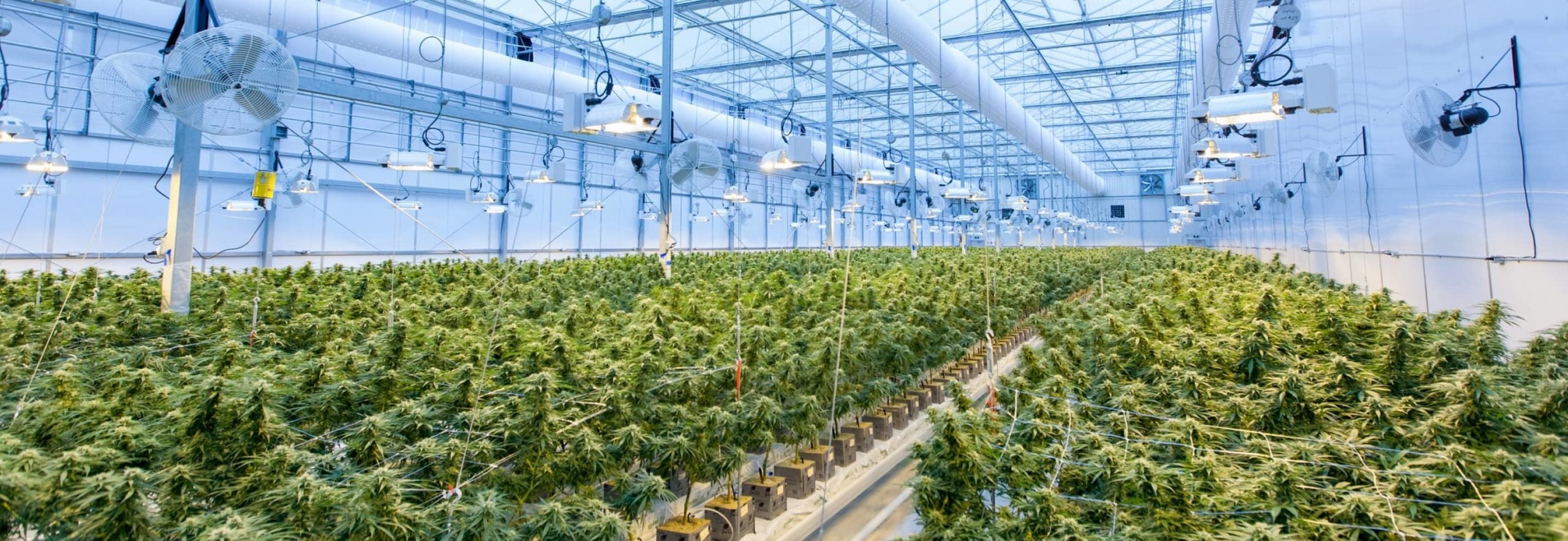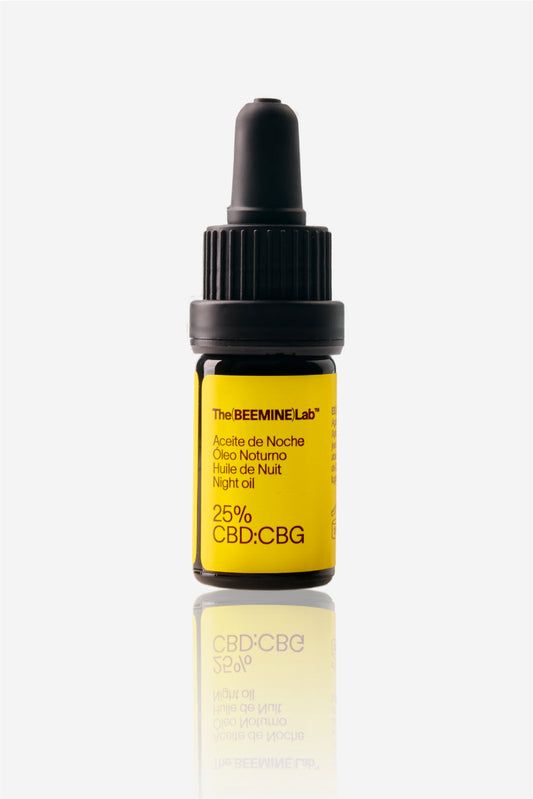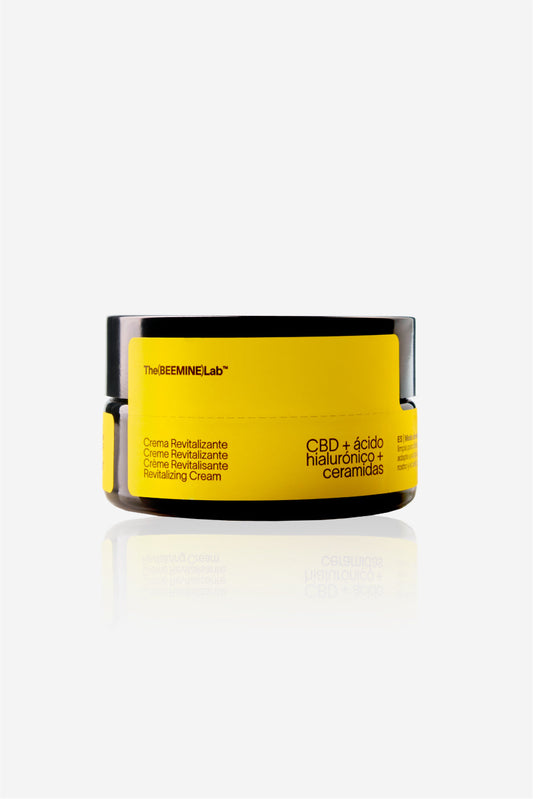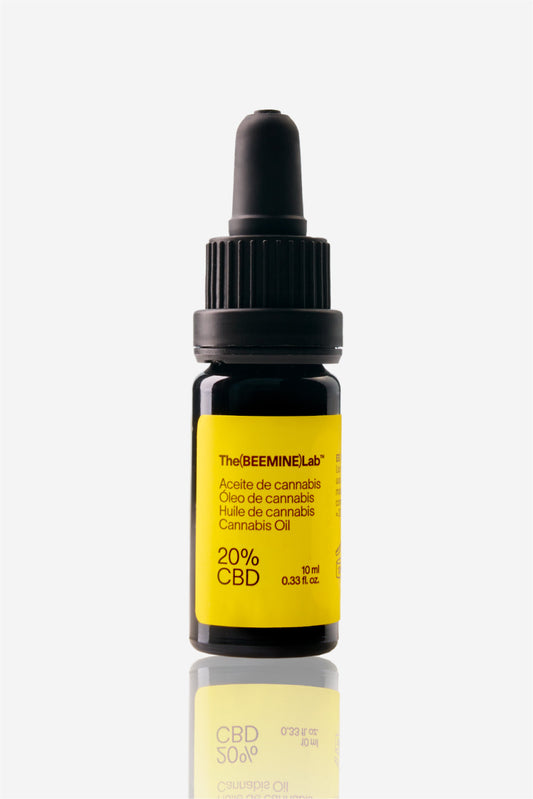
Surely the other day at work, on your last trip with friends, or walking your dog around your neighborhood you have heard about CBD.
Is this truly a new way to consume cannabis or is it a passing trend being exploited by entrepreneurs looking for the new avocado toast ?
The continued emergence of new products in the form of body lotions, capsules, tinctures, edible gummies, and even beer has made CBD's popularity grow to the point of infiltrating many of our daily conversations.
But what is CBD?
CBD, or cannabidiol, is one of over 100 molecules called cannabinoids found in Cannabis satival L. Unlike THC (tetrahydrocannabinol), the main active ingredient, CBD lacks psychoactive effects. In fact, THC is one of the few cannabinoids that provide psychoactive effects. CBD and a variety of cannabinoids such as CBG, CBN, CBGA, and more, lack psychoactive effects and provide a significant amount of benefits to the human body.
Moreover, according to the World Health Organization, CBD has not shown any cases of abuse or dependence, and there is no evidence of any public health problems associated with its use. The WHO intends to continue studying this issue, and propose removing cannabis from the 1961 list of narcotic drugs .
So it is consumed?
For this reason, its consumption is growing exponentially as it provides many therapeutic properties without having the psychoactive effects that can alter you. Among its most noted effects are the reduction of pain, anxiety, or problems related to the nervous system such as fibromyalgia, Parkinson's, or epilepsy.
In some G-20 countries such as the USA, Canada or Mexico, its consumption is regulated and permitted. In other countries of the European Union, its consumption has been halted since March 2018, as the EFSA has considered Cannabidiol to be a compound belonging to the Novel Food category , pending analysis for its possible risks to public health. That is why, right now, within Europe, CBD products cannot legally say that they are for human consumption.
Even with the legal situation in the process of being modified, European entrepreneurs and companies are betting on leading the market with the production of cannabis and CBD in food, cosmetics and pharmacy. And it makes a lot of sense since it is a market with a consumption aspiration of 260 million* people by 2025. (Said by New Frontier Data )
As in all disruptive markets, entrepreneurs are ahead of the law. We can see this in other examples such as cryptocurrencies, self-driving cars or the decentralised democracy of blockchain. Cannabis is a plant that has been consumed for therapeutic purposes for 5,000 years. In recent centuries it has been under the control of prohibitionist politicians, which has given cartels the opportunity to make a fortune on the black market. We are at a moment in history where entrepreneurs can begin to normalise its consumption and regulate its incredible economic engine, taking cannabis out of the black market and into the therapeutic and recreational world.
This is what our company Laboratorios Beemine is doing, founded in 2018 with the aim of claiming the importance of cannabis for the lives of many people. Demonstrating that it is a healthy product, which requires a better, safer, more responsible and transparent consumer experience.
The cannabis industry is projected to be worth €650 billion by 2025, according to sources from Bloomberg, Deloitte, Prohibition Partners and Arcview Group. That's why you're going to hear more and more about the future of cannabinoids, from your friends to your parents or grandparents. We're in times of change.
We have a promising future ahead of us, with more freedoms, transparency and economic growth in the hands of the citizens. If you want to know more about CBD, read our other articles, or write to us. We love to talk about it.
TOP VENTAS
-
Regular price 39,90 €Regular priceUnit price / per
-
Regular price 48,90 €Regular priceUnit price / per
-
Regular price 89,00 €Regular priceUnit price / per
-
Regular price 18,90 €Regular priceUnit price / per






